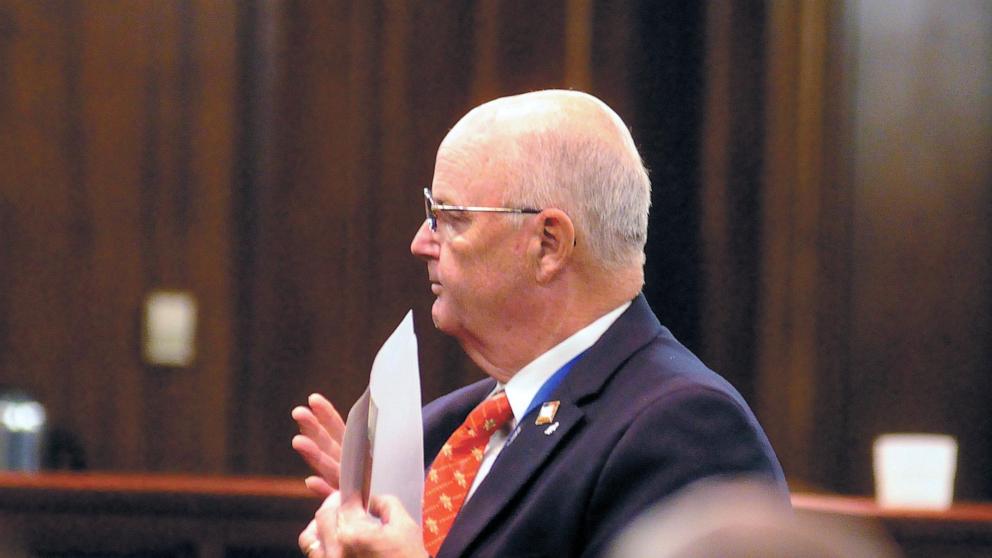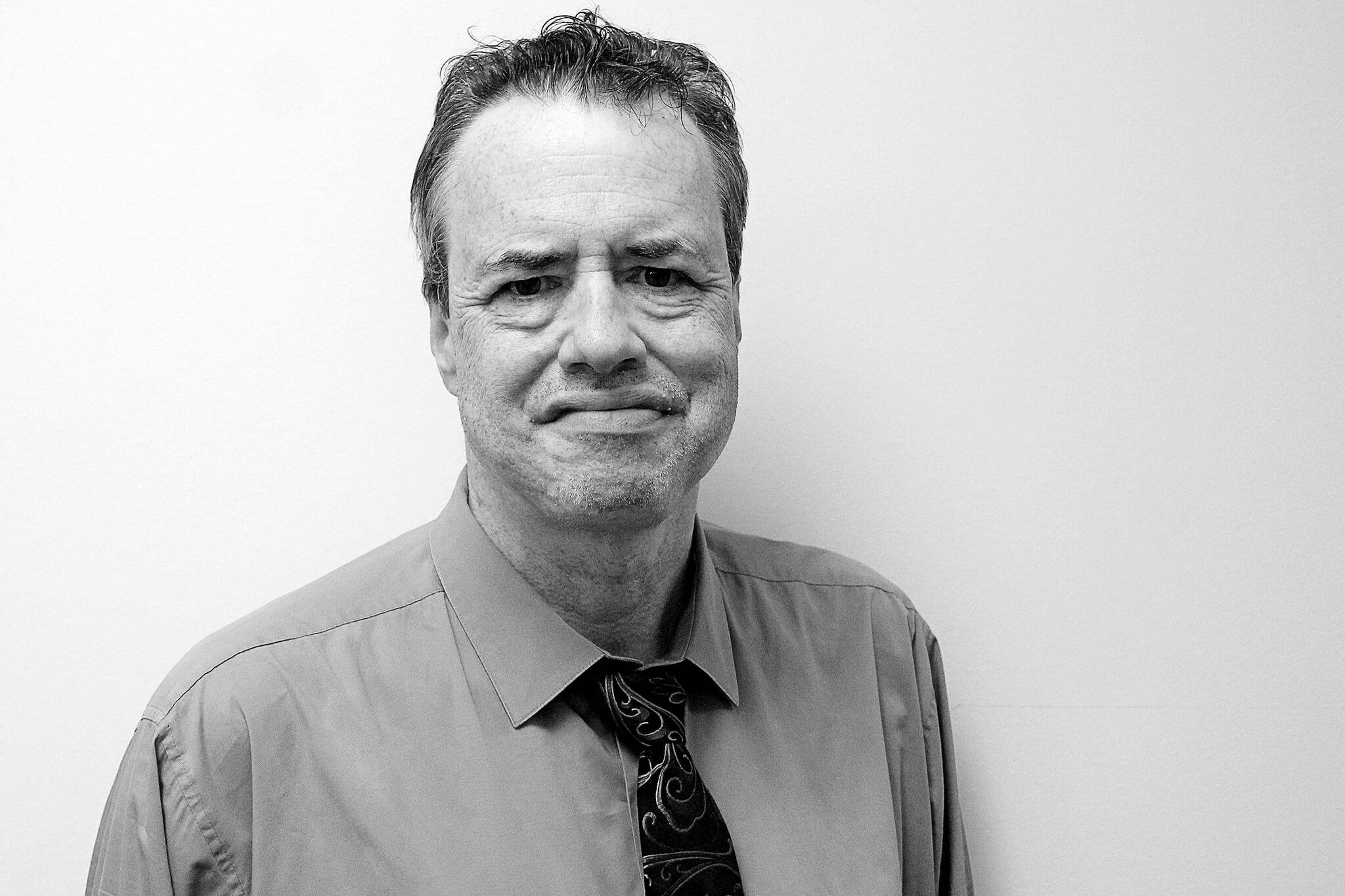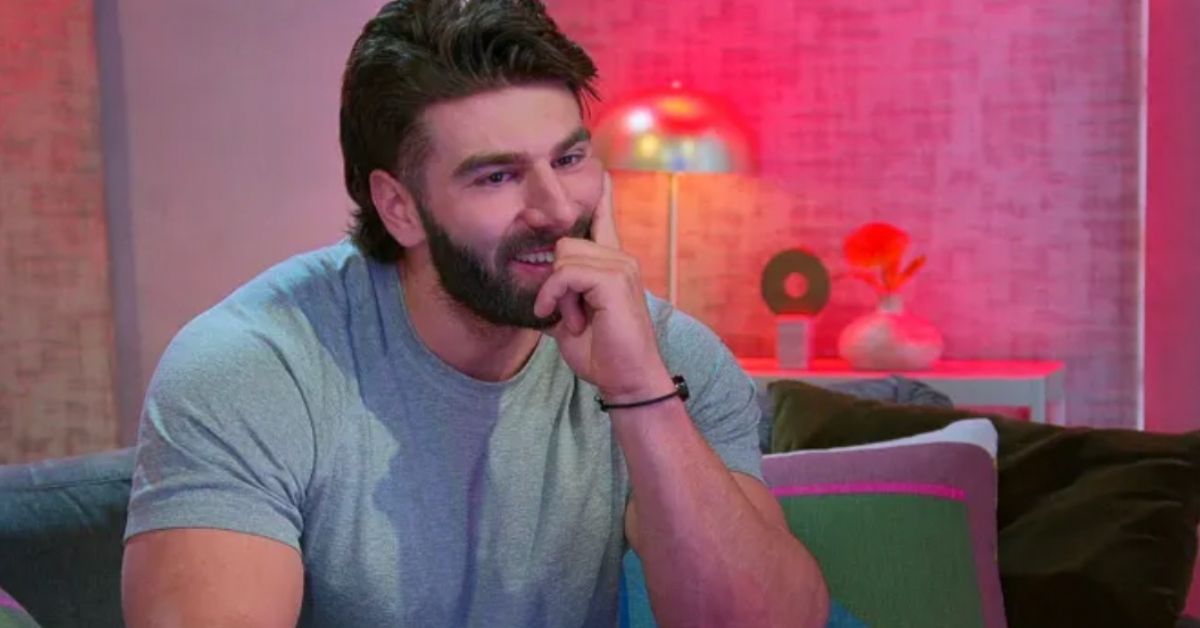A Georgia death row inmate says a prosecutor concealed a deal with a key witness and thereby rigged his trial

SAVANNAH, Georgia — Lawyers for a Georgia inmate who was sentenced to death row 25 years ago are accusing a prosecutor of concealing a plea deal that they say casts doubt on the credibility of a key witness in the trial.
Warren King was sentenced to death in September 1998 after an Appling County jury found him guilty of murdering Karen Crosby, a supermarket clerk who was shot and killed during an armed robbery in southeast Georgia.
Now King’s lawyers say they have evidence that the assistant district attorney who prosecuted the case, John B. Johnson, made an undisclosed deal with the only eyewitness to the crime. They are asking a Superior Court judge in Butts County, where Georgia’s death row is located, for a hearing in the hopes of getting King a retrial.
Evidence in King’s murder trial showed that he and Walter Smith had robbed the rural convenience store together in September 1994, and that Smith had brought his uncle’s gun and a mask. Both men were charged with Crosby’s murder, with King going on trial first.
Prosecutors granted Smith immunity to testify at King’s trial, and Smith told the jury that King shot the woman. King’s lawyers say there are no other witnesses or evidence pointing to King as the shooter.
What prosecutors did not tell defense attorneys and the trial jury was that Johnson had promised to spare Smith from a possible death penalty in exchange for his testimony, King’s lawyers said in a July 8 legal document.
Prosecutors should have disclosed to defense attorneys any preferential treatment Smith received in exchange for his testimony, King’s appeals lawyers said. Had King’s trial lawyers known about the deal, they could have used it to attack Smith’s credibility as a witness.
“Had this suppressed evidence been disclosed, there is a reasonable likelihood that the outcome of the trial would have been different,” attorney Anna Arceneaux wrote in King’s complaint.
Arceneaux wrote that not only did prosecutors withhold knowledge of the deal from defense attorneys before the 1998 trial, but Johnson and Smith both denied its existence in statements to the jury.
The Associated Press left a phone message for Johnson on Wednesday seeking comment. The veteran prosecutor retired from the Brunswick Judicial Circuit Attorney’s Office in 2021. He ran unsuccessfully against District Attorney Keith Higgins in a Republican primary in May.
The new legal documents include an affidavit from John B. Brewer III, one of Smith’s attorneys, saying Johnson and Smith agreed to a guilty plea before trial. The terms were that Smith would receive a life sentence with the possibility of parole in exchange for his testimony against King. Smith received that sentence in 2001 when he pleaded guilty to Crosby’s murder.
“These terms were not put in writing, but there was an oral agreement,” Brewer’s affidavit states. He added, “I would never have recommended that Mr. Smith testify against Mr. King if I did not know for certain that he had a deal and would avoid the death penalty.”
According to a transcript of his closing argument during the 1998 trial, Johnson told the jury that he should have disclosed all of his dealings with Smith “because it would test his credibility.”
“There is no collusion, otherwise he would have told you,” Johnson told the jury. “And the defense attorney would have made sure you knew if there had been.”
King’s latest attempt to overturn his death sentence came after the U.S. Supreme Court on July 2 rejected his claims that Johnson improperly excluded black jurors during the trial. King is black; his trial featured 10 white jurors and two black jurors.
Lower courts upheld King’s conviction and sentence after his lawyers presented evidence that Johnson’s strikes excluded 87.5 percent of eligible black jurors from the trial, compared to only 8.8 percent of eligible white jurors—all women.
A 1986 U.S. Supreme Court ruling prohibits attorneys from excluding potential jurors based on their race. At trial, Johnson gave other, non-racial reasons for excluding black jurors from the jury.
In their July 8 brief, King’s lawyers reiterate their claim that potential black jurors were rejected because of their race. They point to new evidence: Johnson’s own handwritten notes, obtained last fall. The lawyers say the notes show Johnson carefully kept track of which potential jurors were black and which were female.
King’s lawyers said Johnson took notes on how prospective black jurors answered questions about the death penalty and their criminal pasts. They say he did not take similar notes for white jurors, but rather kept track of which prospective white jurors had family members who had been victims of crime.
King’s lawyers said the prosecutor’s notes provided “concrete evidence that Johnson actually considered the race and gender” of potential jurors.



